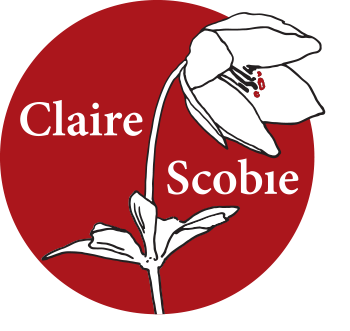
26 Jun Reporting from Cannes Lions: the world’s largest festival of creativity, tech and storytelling
 I’m here attending sessions on topics ranging from diversity, with British Vogue’s new black editor-in-chief Edward Enninful and Thandie Newton (who was exceptional), to data privacy, the shattering of consumer trust and fake news, and whether big tech companies like Facebook pose a threat or opportunity. When they polled that last question to the audience, initially people reckoned opportunity but by the end of a robust discussion, the audience had swung to threat. It’s intense and pretty overwhelming but the content is good.
I’m here attending sessions on topics ranging from diversity, with British Vogue’s new black editor-in-chief Edward Enninful and Thandie Newton (who was exceptional), to data privacy, the shattering of consumer trust and fake news, and whether big tech companies like Facebook pose a threat or opportunity. When they polled that last question to the audience, initially people reckoned opportunity but by the end of a robust discussion, the audience had swung to threat. It’s intense and pretty overwhelming but the content is good.
I even attended a session featuring Japan’s first android TV chat-show host Totto (pictured in the photo above) who looks like a cross between Marie Antoinette and the Queen of Hearts. I’m looking for what all this is going to mean for storytelling in the future. With millenials having an attention span of 1.8 seconds on Instagram (yup!), we’ve all got to learn to get shorter.
I even attended a workshop on how to create, film and edit a 6-second story. I was pretty hopeless and felt my age!
So, what are the big themes that will impact writing and publishing?
- The rise of mobile. It’s already taken over desktop’s share of the total digital spend globally. This means that people are reading more on handheld devices. Short-form will work better than long-form.
- Artifical Intelligence (AI) and other new forms of technology (tech) are increasing rapidly. Companies that combine AI, like ‘chat bots’, with conventional marketing will thrive. This will give companies like Amazon a massive advantage over traditional booksellers.
- Digital media has beaten legacy-media spending (i.e. traditional newspapers/television). So, bring on the author blog tour and don’t sweat about getting a review in your favourite Saturday newspaper.
- Online video viewing will rise 20% over the next year. Short videos as part of your marketing strategy or live videos on Facebook/Twitter will garner more likes than static photos.
- How we consume media is splintering in many difrections. Instead of thinking of your book as the final product, think of other ways it could be ‘consumed’ (I hate that expression but it’s industry talk.) That is: your book could become a series for Netflix or a longform program for Sony Crackle. Or, you could share parts of your story on your own Youtube channel.
- Niche, micro-marketing works. The more niche the better. This is all about creating a digital following of people who like you and your work. If you write about Sunday morning crochet clubs, you can find fans who are into that. It’s actually about being authentic. Digital means we don’t have to conform to what big media dictates. It’s pretty liberating.
À bientöt, as they say here!
